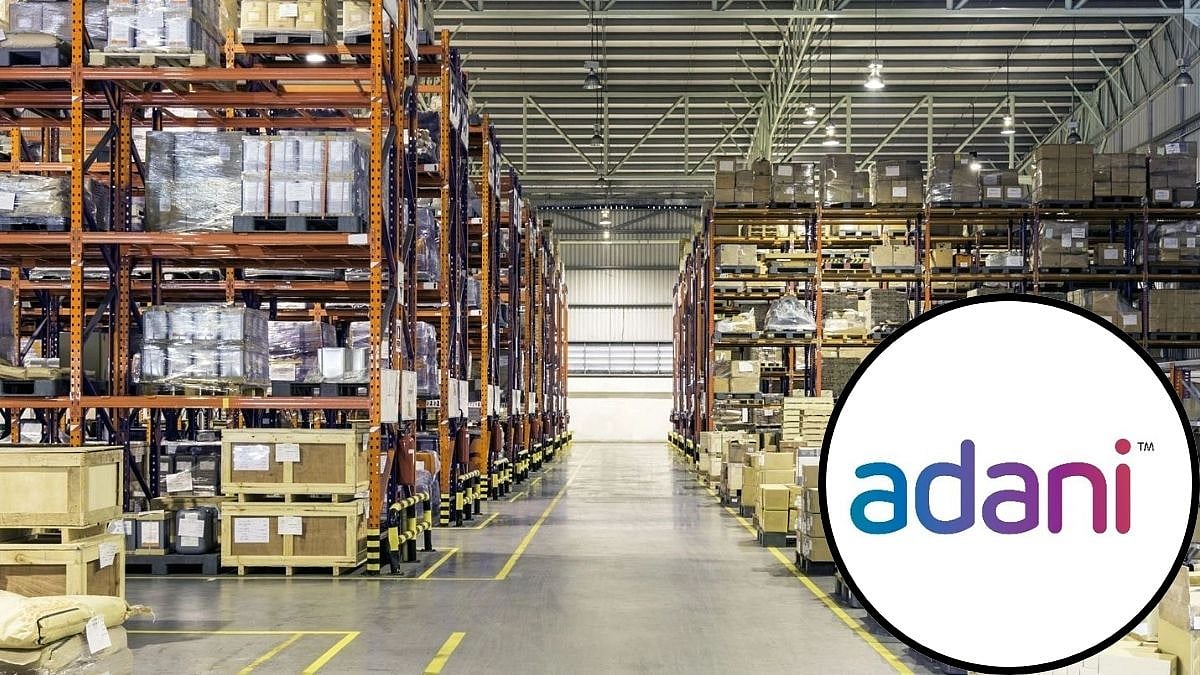Securities and Exchange Board of India (SEBI) has the last say in the stock exchanges, and so when it speaks, the market listens. Recent buzz on the IPOs has made SEBI cautious. It has issued concerts over large high net-worth individuals (HNIs), crowding out the smaller ones during the IPO. As a result, SEBI has come up with a new approach to the share allotment process for HNIs.
What’s The New Rule?
The market regulator has proposed to segregate the HNI portion in IPOs into two parts. Under the first sub-category, only those investors who submit applications of between Rs 2-10 lakh will be allowed. Those investors who go with applications of more than Rs 10 lakh will be clubbed together in the second sub-category. This way, the large investors can bid for two-thirds of the HNI category in the IPO.
Therefore, anyone who wants to invest more than Rs 2 lakh in the IPO process falls under the HNI category. The proposed changes came into being because SEBI feels that large applications can risk the market.
Another Rule?
Along with the aforementioned proposal, SEBI has also suggested maintaining a minimum price difference of 5% between the upper and lower price band. Currently, we don’t have any such bands. If this new rule is implemented, then the upper band of any IPO should be at least 5% more than the floor price.
There have been many IPOs where the difference between the upper price band and the lower price band was as low as Re 1. This kills the motive of bidding and makes the price bands fixed. In order to break that, SEBI has proposed this new rule.
Why Is This Rule Proposed?
SEBI had done an analysis of oversubscribed IPOs between January 2018 and April 2021. The analysis showed that in 29 IPOs, around 60% of the applicants in the HNI category did not get any allotment. In a few cases, applications for as large as Rs 75 lakh were also unable to get allotment. In its discussion paper, SEBI said, “It is expected that any public offering should aim to provide as diverse an offering as possible with equitable opportunity at the retail and non-institutional level. The current methodology of proportionate allotment carries a certain risk where very large applications by few NIIs results in crowding out of other NIIs”.
A final call by the SEBI on the proposed changes will be taken once the market feedback comes.









